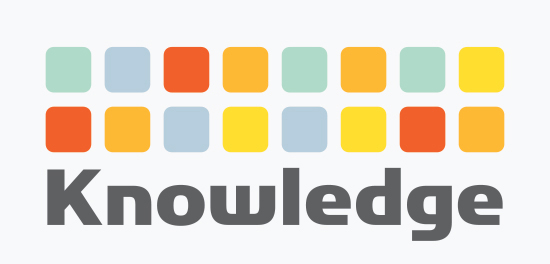
With a runner on first base and only one out, a ground ball is hit to the shortstop. Where does the shortstop make a play—first base or second base? How does a person know the best answer to this baseball question? A ball player learns the game by practicing, asking questions, observing games in person or on TV, listening to the coach, and playing the game. Finding answers to baseball questions illustrates how we learn facts and find answers to questions about a particular academic subject; we find them in the process of gaining knowledge.
Knowledge is gained through personal and vicarious experiences and through studying various sources. A student learns best when his educational experiences are age appropriate, developmentally suitable, purposeful by design, and regularly evaluated. Gaining knowledge is not just for the sake of having knowledge. It is the means to a much greater end—glorifying God in whatever task He has placed before the student.
Methods and Knowledge
The baseball player needs a coach to present the “how-tos” of the game. Just as in baseball, the student needs a teacher to present the academic subject in such a way that the facts are understood and learned. However, the student needs to do much more than just accumulate memorized facts. The student needs to gain knowledge by way of understanding and remembering those facts with an emphasis on analyzing and appying them so that he can evaluate and create. How does a teacher know the student is truly learning? By giving a student opportunities to demonstrate his knowledge through formal and informal questioning, individual and group projects, academic tests utilizing many different types of questions, and presentations.
Curriculum and Knowledge
As a baseball player has rules and plays to learn, a student has concepts and facts to learn. Gaining knowledge takes place best with a curriculum that blends factual knowledge and critical thinking skills with a biblical worldview. Textbooks are an essential part of gaining factual knowledge. However, all textbooks are not created equal. To be most effective in facilitating knowledge acquisition, the textbook’s worldview, methods of teaching, depth of content, and literary quality should promote critical and creative thinking that is foundationally biblical.
Proverbs 18:15 says, “The heart of the prudent getteth knowledge; and the ear of the wise seeketh knowledge.” The discerning student should always be ready to pursue and expand his knowledge and to learn more in order to have a greater opportunity to glorify God in following His leading.
This post is part of our ongoing series highlighting our 2015 theme Gaining Wisdom and Knowledge and Joy. Jeff has served in local church ministry, secondary education, and higher education for more than thirty years. Jeff holds a doctorate in education and is the senior manager of academic integrity at BJU Press. He and his wife have three children, five grandchildren, and two goldendoodles.
Leave a Reply